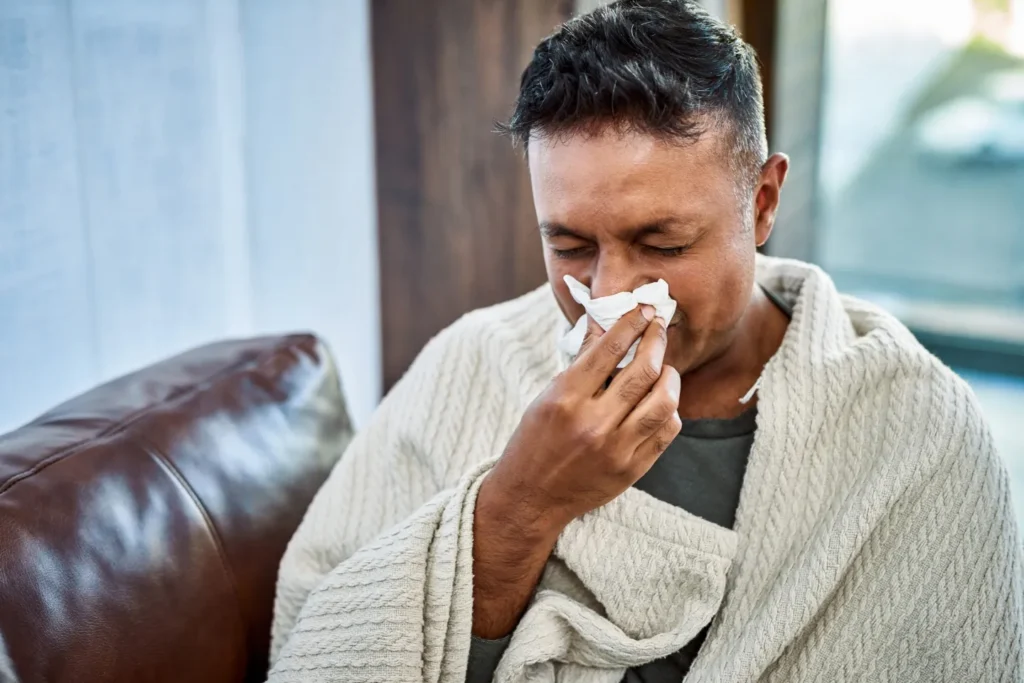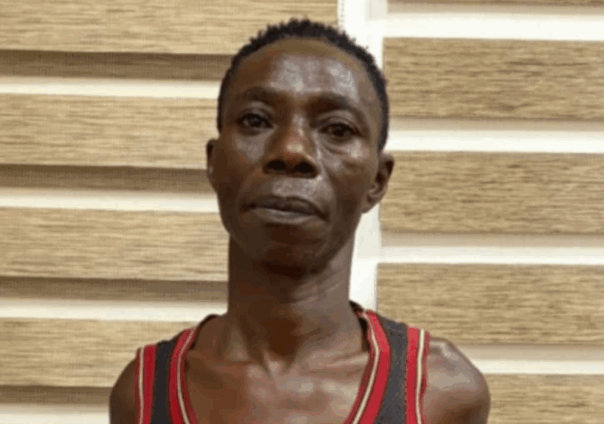The Ghana Health Service (GHS) has issued a public alert following a noticeable increase in seasonal influenza (flu) cases across several regions in the country.
According to an official statement, laboratory-confirmed cases of Influenza A (H3N2) and H1N1 have been detected — both known strains of the seasonal flu that typically peak during Ghana’s cooler months.

The Greater Accra, Central, Bono, and Eastern Regions have reported the highest case counts so far. The GHS noted that this rise aligns with the nation’s annual flu season, but emphasized the importance of early detection and preventive practices to minimize community spread.
Symptoms and Transmission
Flu symptoms often develop suddenly and may include:
- Fever or chills
- Cough and sore throat
- Runny nose
- Body aches
- Headache and fatigue
The virus mainly spreads through respiratory droplets released when an infected person coughs, sneezes, or talks, and through touching contaminated surfaces.
High-Risk Groups
The GHS identified the following as vulnerable populations at higher risk of complications:
- Children and adolescents, especially those in school settings
- Elderly individuals
- Pregnant women
- People with chronic conditions such as asthma, diabetes, and heart disease
The Service added that environments like schools, dormitories, transport hubs, and markets are potential hotspots for rapid flu transmission.
Public Health Response
To control the spread, the GHS has implemented several preventive and control measures:
- Strengthening surveillance and rapid diagnostic testing at health facilities
- Updating case management protocols for clinicians
- Launching public awareness campaigns through media and community networks
- Enhancing coordination with regional health directorates for quick intervention

Preventive Guidelines for the Public
The GHS urged all Ghanaians to take the following precautions:
- Seek medical attention early when flu-like symptoms develop
- Stay home when unwell to prevent spreading the infection
- Wash hands frequently with soap and running water
- Cover coughs and sneezes with a tissue or elbow
- Disinfect surfaces and avoid close contact with sick individuals
- Wear a face mask in crowded places
The Ministry of Health, through the GHS, has reassured the public that adequate measures are being taken to manage the rising flu cases. The Service called for public cooperation and stakeholder support to safeguard the health of individuals, families, and communities.
GHS emphasized that collective responsibility — including proper hygiene, early reporting, and adherence to preventive guidelines — remains key to containing the spread of the seasonal flu in Ghana.



